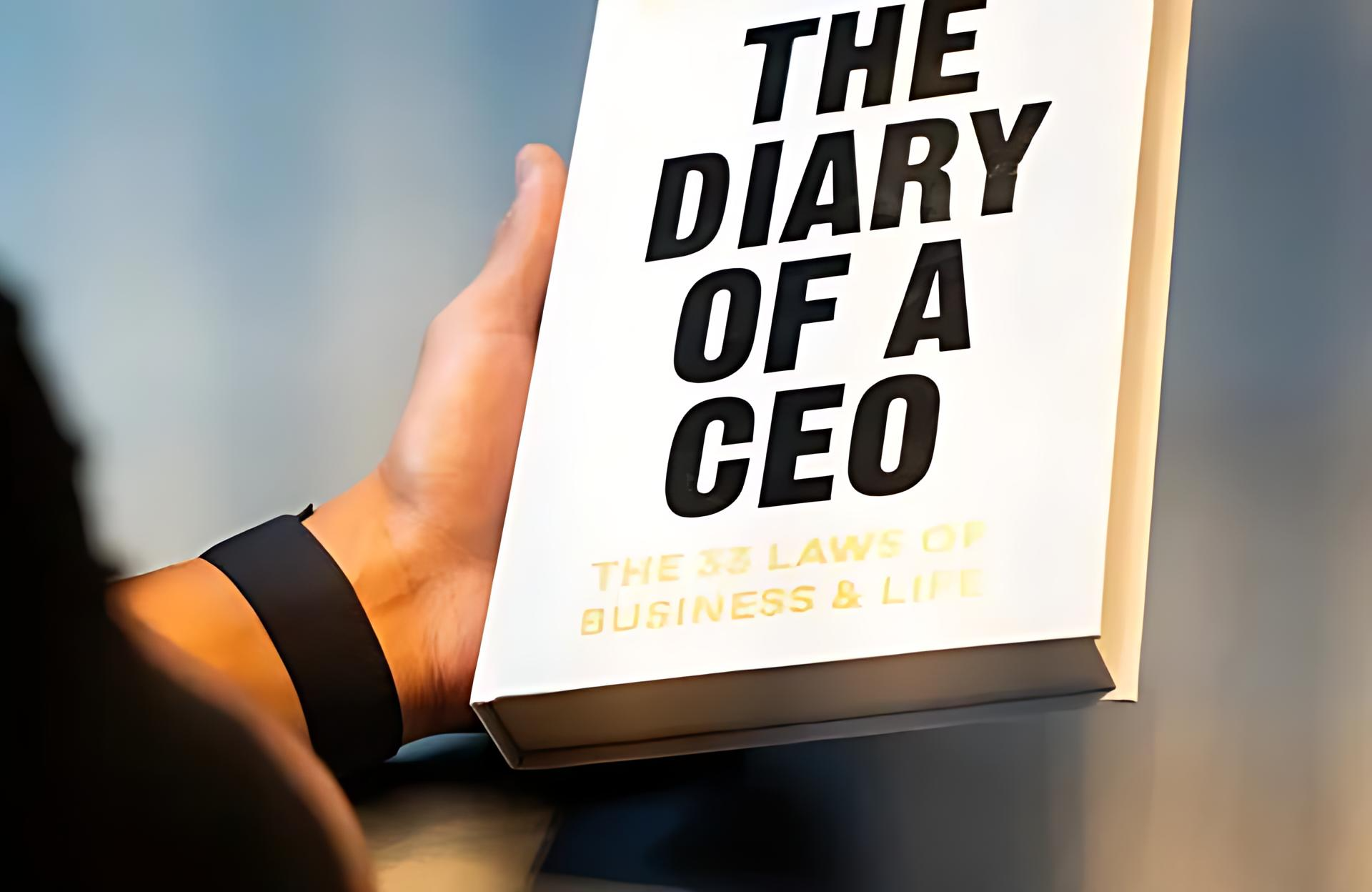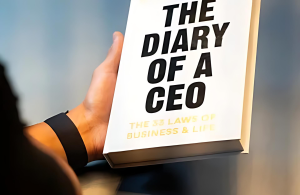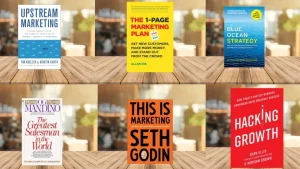Steven Bartlett doesn’t cookie-cut his story with corporate speak. He doesn’t take you neatly through a summary of where he is today, and only recounts the interesting or inspirational bits along the way. He takes you through all the messy bits, the failures, insecurities, and surprises, offering up everything that made him who you see now as an entrepreneur. You won’t merely read about tactics; you’ll get to see inside the thought process of someone who has been able to build a career from his bedroom in Plymouth to buying and leading multimillion-pound businesses.
The following review will break down the best parts of the book, the lessons that stick, the stories that give you pause and may even shape your thinking, and the practical takeaways you can use. I’ll even get deeper into the revenue streams that have shaped Steven’s financial journey, so you can see what speed bumps are behind the case study of his success.
About Diary of a CEO
Diary of a CEO is more than a business memoir; it is a personal narrative of ambition, failure, grit, and self-discovery by Steven Bartlett. It first came out in 2023 and includes unpolished examples from his personal life, as well as lessons he learnt in life and business. Bartlett does not depict himself as a perfect success; rather, he is describing the unedited life story of a university dropout with no money to international, one of the youngest in the UK.
What creates an interesting paradox is the combination of honesty when telling his story and relatability. It is not just another story about “how to get rich” or “how to build a company.” It is about what happens to a person when they are chasing their big dreams — sleepless nights, self-doubt, acts of courage, and risks that either pay off or do not matter.
Each chapter is written as if it were an entry in a diary or a journal, creating an extremely readable narrative. Each chapter gives the reader a story along with a lesson to apply in real life.
Who Is Steven Bartlett?
Steven Bartlett is a British entrepreneur, author, and speaker, best known as the founder of Social Chain—a global social media marketing agency he started at the young age of 22. He was born in Botswana and raised in Plymouth, England. His journey was unconventional. He dropped out of college, faced financial struggles, and built his career from his bedroom with just a laptop.
Over time, he has become one of the most recognizable business figures in the UK and is now the youngest-ever Dragon on BBC’s Dragons’ Den—a record-holder on the show. Today, he also hosts The Diary of a CEO podcast, invests in start-up companies, and publicly advocates for living and authentic business.

Key Lessons from Diary of a CEO
Steven Bartlett doesn’t just tell you what he’s achieved — he shows you how he thought, acted, and learned along the way. The lessons in the book are relatable because they come from lived experience, not theory. Here are some of the most striking ones:
1. Success Without Fulfillment Is Failure
Money and recognition mean little if you feel empty inside. Steven emphasizes that fulfillment comes from alignment with your values, not from external validation.
2. Your Background Doesn’t Define Your Ceiling
Growing up in a modest environment didn’t limit Steven’s vision. He shows that resourcefulness can outshine resources.
3. Discipline Beats Motivation
Motivation fades; discipline keeps you moving forward even on the worst days.
4. Authenticity Is a Business Asset
Being real, even in a polished world, builds trust and loyalty — both in life and in business.
5. Failure Is a Teacher, Not a Verdict
Steven treats setbacks as data points, learning from them instead of letting them define him.
6. Relationships Are Currency
From co-founders to investors, the people you trust and invest in often determine your trajectory more than your product does.
The Diary of a CEO Podcast
The Diary of a CEO podcast is one of Steven Bartlett’s most successful projects, with millions of listeners worldwide each month. It was launched in 2017 and started off as a personal project, where he spoke honestly and openly about his experiences, lessons and struggles as an entrepreneur, his mental health, and the ups and downs of business along the way. As the show matured, it transformed into a free-flow, unfiltered environment for long, in-depth conversations with some of the most fascinating human beings, across business, entertainment, sports, and science.

Key Laws Book Review
The following table summarizes the core concepts and takeaways from the three laws that were most impactful.
| Law Reviewed | Core Concept | Key Takeaway |
| Law 19: You Must Sweat the Small Stuff | Continuous, small 1% improvements (Kaizen) and extreme attention to detail create a standard of excellence. | Details are not trivial; they are the foundation of high-quality work. Getting the small things right signals a commitment to excellence and prevents mediocrity. |
| Law 21: You Must Out-Fail the Competition | True progress comes from constant experimentation and learning from failures, not from reaching a static point of “success.” | Assume your current methods can be improved. Build a culture that rewards testing and views failure as the necessary cost of invention and progress. |
| Law 29: Create a Cult Mentality | Build a team with a deeply shared belief in the company’s vision, where “A-players” are motivated to work with other “A-players.” | The first ten hires are critical in defining a company’s culture. A shared mission inspires a team to go beyond the ordinary to make a vision a reality. |
Final Thoughts
Steven Bartlett’s The Diary of a CEO is not a regular book but a forthright examination of the elements that have propelled him from a university dropout to an accomplished business owner and podcast presenter. The 33 laws offer a guide for self and professional growth with an emphasis on authenticity, resilience, and learning.
The structure may seem redundant as there are quite a number of laws, but the reader should remember the primary idea: success is not just dependent on strategy, but on having an understanding of you and the world around you. The stories Bartlett shares and his willingness to share them, when paired with the perspectives of his podcast guests, create a perspective that is both relatable and interesting.
Ultimately, this book is a resource for future entrepreneurs and leaders or simply those attempting to make heads and tail out of all the expectations of life in today’s world.










